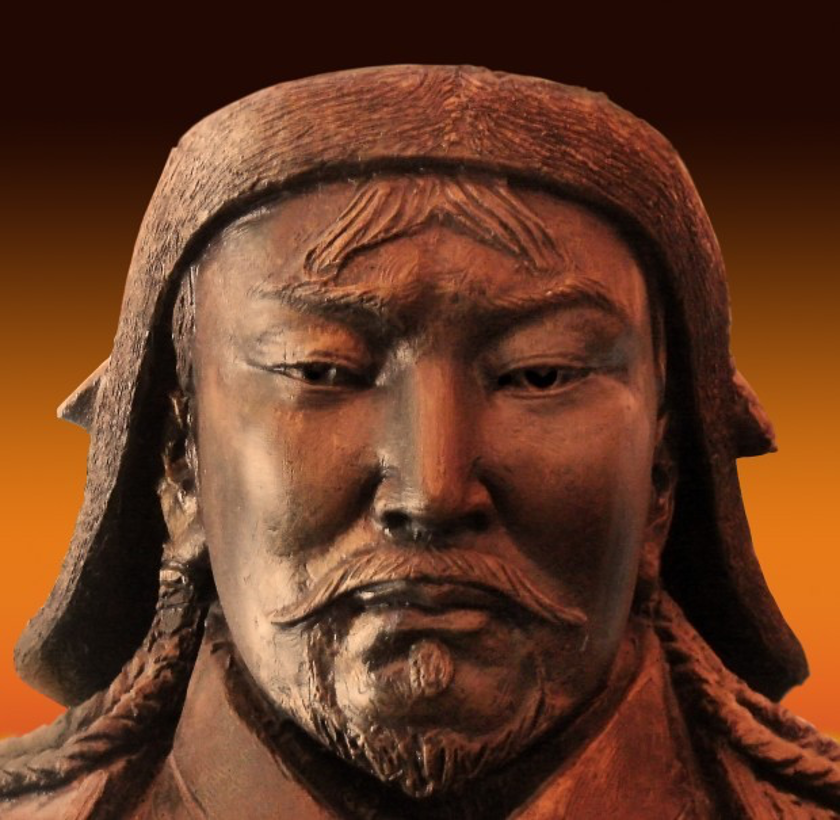“I’m not that smart,” is not a statement we’re used to hearing these days from a New York billionaire, yet that’s how Ray Dalio, one of the world’s most successful entrepreneurs, starts his book Principles (actually he says something rather more crass). This might seem like false humility, but Dalio appears to be serious. He’s built his entire company, an investment firm called Bridgewater Associates, around the idea that he just might be wrong. To understand what Ray Dalio has done at Bridgewater, it might be useful to consider the story of another entrepreneur from history, a leader of a band of nomadic shepherds on the plains of Central Asia named Temujin. To deal with the brutal realities of 12th-century life and achieve some wild ambitions of his own, Temujin adopted a set of policies that broke with many of the traditions and norms of his day. He would grant leadership positions based solely on performance rather than politics, social status, or family ties; in other words, he would build a meritocracy. As it turned out, an army led by talented generals instead of pampered aristocrats was a very powerful thing, and within a few decades, Temujin was presiding over the largest empire the world had ever seen as the “Great King” otherwise known as Genghis Khan.
Fast forward 800 years and the meritocracy has lost its novelty. It has been baked into organizational hierarchies throughout much of the world not only as a strategy for success but as an ethical standard. And so, we put a tremendous effort toward recruiting the most talented people we can find, and we vest them with our confidence. But what about when even they are wrong? What about when their knowledge, skills, and experience are not enough? What about when their egos, blind spots, and personal limitations get in the way of great ideas that could change everything? What about when they unsurprisingly turn out to be, well, human? That’s where Ray Dalio’s innovative approach steps in, not as a replacement of competence-based hierarchy but as a check to its inherent vulnerabilities. He calls it the “idea meritocracy,” a system designed to produce winning ideas over winning careers, and among its’ key policies at Bridgewater are: detailed profiling of each employee’s strengths and weaknesses which is used to weight their input on various decisions regardless of titles (including his), a heavy reliance on institutional knowledge preserved in computer algorithms to avoid bias, an emphasis on employee learning and development at all levels, and a rather extreme approach to transparency among the company’s top leaders to keep them honest and humble. Together, these policies serve as a formidable hedge against the common pitfalls of the traditional meritocracy like arrogance, short-sightedness, silos, and individual empire building (which incidentally were the same issues that eventually brought down Genghis Khan’s kingdom).
While we might like to believe that these problems don’t exist in faith-based organizations dedicated to serving God and others, we all know better than that; and while it would certainly be convenient if God would mete out Spirit-filled wisdom according to our org charts, we should probably know better than that as well. Consider who God chooses to talk to in this marvelous passage from the third chapter of Luke: “Now in the fifteenth year of the reign of Tiberius Caesar, when Pontius Pilate was governor of Judea, and Herod was tetrarch of Galilee, and his brother Philip was tetrarch of the region of Ituraea and Trachonitis, and Lysanias was tetrarch of Abilene, in the high priesthood of Annas and Caiaphas, the word of God came to John, the son of Zacharias, in the wilderness.” It’s clear God doesn’t give the same attention to hierarchies and titles that we do. So just how do we account for this when attempting to build God-honoring organizations, and like Ray Dalio, how can we creatively and humbly look beyond our personal limitations to capture the ideas that will make the biggest difference?
Reflection Questions
How does humility show up in your leadership practices?
How are you capturing great ideas from people that are not in positions of leadership in your organization? How can you do this better?
What policies would help to hedge against arrogance, short-sightedness, and leadership limitations in your context?


